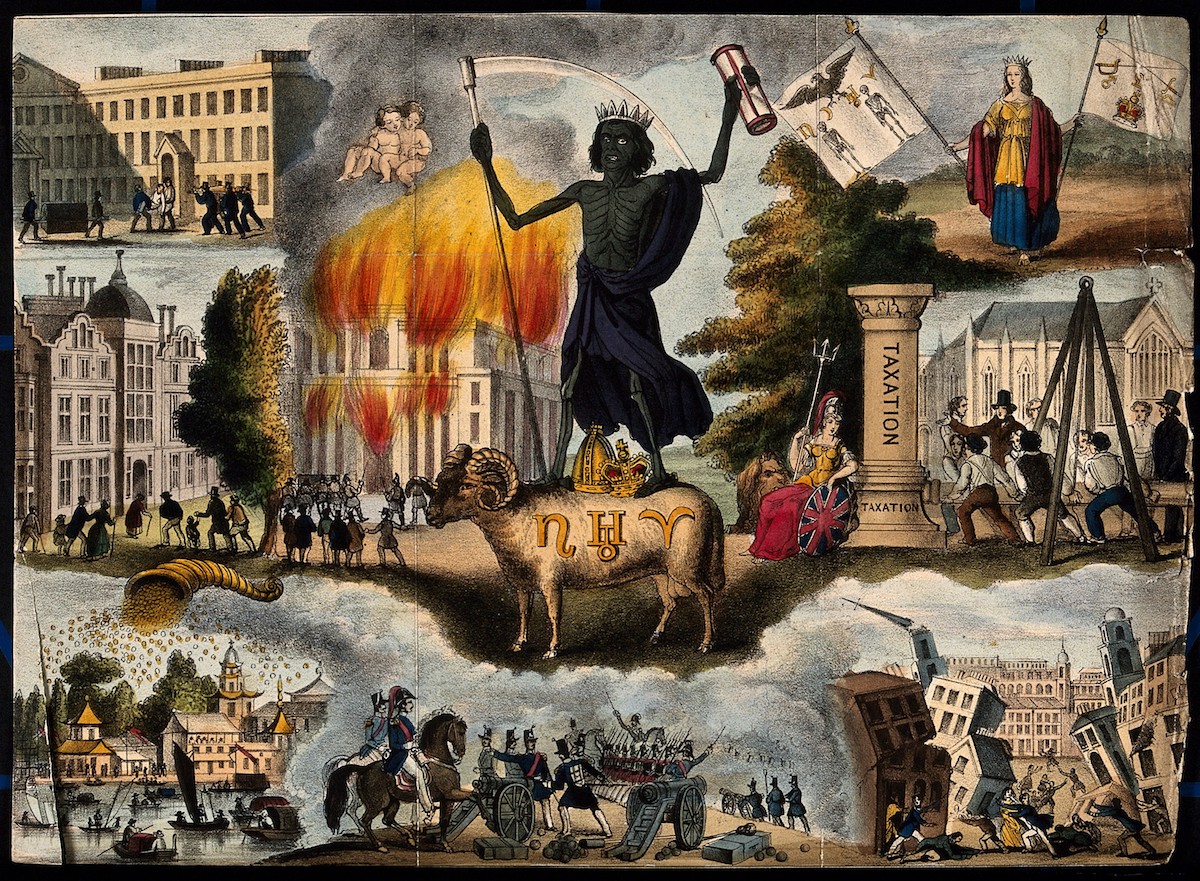As March ends, we reflect on what the first quarter of the year brought us. Obviously, when historians look back on this time, they will think of it as a nightmarish clusterfuck (certainly I will), but they won’t be asking themselves the most important questions: what movies did I watch, and were they good? Luckily I’m always keeping this in mind.
My first quarter of movie-watching has been particularly productive because of the introduction of Mubi to my streaming repertoire, and I recommend it for the discerning art-cinema fan. Unlike most major streaming services they are funding and distributing movies that are actually good and so are providing a service actually worth paying for (unlike some people I could name who recently made a shit-ass movie of The Electric State for no reason).
Biggest Ws
Blessedly, this quarter brought a plethora of cinematic Ws to my doorstep, and they were fairly evenly distributed between movies I was hoping would be good and movies that arrived to me as a surprise.
I watched a lot of good movies about people going through something crazy, taking on a new identity, and then becoming a great force for justice? comedy? revenge? something in their new life. Foremost among them was The People’s Joker – if you’ve heard of Batman, you should see this movie. It is a work of full imagination and full wackiness, and thus it is full cinema. This is a movie with so much sincerity and heart and humor that even my mom enjoyed it, and she is actively trying to learn less about Batman every day.
But she’s not immune to the Batman concept, because she was just as excited as I was to go see the new movie adaptation of The Count of Monte Cristo. Were compromises made with the narrative in the adaptation? Was a lot left on the cutting room floor to make a movie that was still three hours long? Are there moments where the Count deploys disguise technology that definitely hadn’t been invented in the 1800s? Yes, yes, and yes. But as a counterpoint, I offer you this: it’s a movie about a guy going on a big adventure for basic clear emotional reasons, and on the way he perpetrates schemes and travels across glorious vistas. And it doesn’t have any threat of a sequel. They don’t make’em like this (fun to watch for the entire runtime) anymore.
I also watched several movies about video games, which should surprise no one as I am sometimes a leading scholar of cine-ludic connections. However, the two best video game movies I watched this quarter were about human relationships to game worlds, rather than Koopa or Sonic or whoever. The Remarkable Life of Ibelin reveals the World of Warcraft-based life of a young man with a serious physical disability. If you are a gamer who has ever relied on games to get you through a difficult time in life, this film will almost certainly break you. If you are interested in films that challenge popular narratives about gaming or disability, this should move to the top of your watchlist. It walks a very interesting and fine line between genuine melancholy about the limitations placed on its protagonist by his disability, while also completely upending his own family’s belief that his life was one devoid of rich emotion and connection.
Grand Theft Hamlet is the other video game documentary which slayed me this quarter. Much lighter than Ibelin but equally concerned with video games as a place to go away from life’s pain, Grand Theft Hamlet tells the story of frustrated theatrical performers trying to stage Hamlet in Grand Theft Auto Online while IRL theaters were closed for Covid. The struggle to mount the play successfully is simultaneously stupid and tremendous. I have seen some call the behind-the-scenes drama in the film forced or overdone, but as a habitual participant in low-budget theater productions I must emphasize that this is how putting on a play really is. It is always this dramatic, it is always this stupid, you always lose hope just before you put it on and it’s great. This is why people who work on the stage are such toxic people 🙂
Lastly, I must salute our friends at PBS for supporting the film Aurora’s Sunrise. This film is an animated documentary about the Armenian genocide, told from the perspective of a survivor who was heavily involved in efforts to raise the profile of the genocide in the US after she escaped Armenia. It is simultaneously a heartwrenching genocide drama, a fascinating portrait of PR as it was done in the 1910s, and a transporting visual experience. The Armenian genocide has been repeatedly covered up and denied by the Turkish government and its allies. It is good to keep Aurora in our minds now, to remind us of what she suffered and to remind us that our bodies and minds are where we keep the truth alive, even when the powerful deny it.
Biggest Ls
Q1 2025 was not without its horrendous Ls, however. Fewer they were in number, and yet so heavily they weigh upon me. The most mind-boggling of them was Abel Ferrara’s New Rose Hotel. I looked forward to this film for some time: it’s literally a Christopher Walken/Willem Defoe cyberpunk heist adventure, how could it go wrong? But then I started watching it and I remembered that I don’t actually like William Gibson stuff, especially when it is being done in a style that is slightly jankier than a student film. The shots in this film are composed so tightly you know they were just filming it all in the same hotel room, using different corners to play different locations. I acknowledge that the film could be interpreted to have Deep Themes, but I interpret it as horseshit. But it’s not a total L because some of Christopher Walken’s line readings are sooooooo funny.
Most disappointing of all the Ls was Mickey 17. I had such hope when the movie was announced, I had very medium feelings upon seeing the trailers, and then I had such a crushing experience in the theater. It wasn’t a film that was all bad, but it was a film with so many elements that didn’t work. Robert Pattinson is excellent (if you like Robert Pattinson when he’s in his quirked-up white boy mode), and the alien creatures are extremely charming. So much of the rest of the movie is aimless and dopey. Steven Yeun is wasted on a go-nowhere subplot, Toni Collette grinds an unfunny running gag into absolute powder, Mark Ruffalo is doing the least compelling and most obvious Trump impression of all time, and most of the film’s female characters are trapped in an eye-rolling love triangle subplot which is both biphobic and pointless. Nothing comes of Anamaria Vartolomei’s character whatsoever. Her female love interest gets fridged, she hits on Mickey for some? reason?, and then she gets a new girlfriend at the end. To what end, I might ask? Poor Naomi Ackie, putting her all into a character whose most fun scene is her horniness for RPatz. For the rest of the film she is his emotional support GF. If you like Bong Joon-Ho doing broad comedy and heavy social satire, please watch Okja instead.
The worst L I took this quarter was Red One. It was my fault we watched it, and it sucked harder than a rock. Nothing about it was funny-bad. Everything about it was execrably bad. I hated every minute I spent experiencing it. I never want to see Chris Evans or The Rock again.
Hot Takes
I shall leave you with a few hot takes for the road, something to inspire Letterboxd Harvey Oswald to take me out.
Hot take most likely to sign my death warrant: I still think The Brutalist is a pretty good movie. I don’t really care that they used Respeecher. I am slightly less impressed with Adrian Brody and Felicity Jones’ accent work. That’s the sum total of the effect this news had on me. There are better targets to beat up on – for example, the companies making LLMs and Gen AI bullshit engines and roasting the earth to do so. Let’s **** up a ******** instead of blowing up Brady Corbet on Letterboxd 🙂
Hot take most likely to sign my death warrant after the Libertarian takeover: Gerard Butler’s character is unequivocally the bad guy of Law-Abiding Citizen. I can’t believe this is not widely understood. When Jamie Foxx gave the killer a plea deal at the beginning of the movie, he was doing The Right Thing. He was Doing His Job, and not in a Nuremberg way. This is how the American justice system works, and fundamentally we do not actually want a world of vigilante justice, especially when Gerard – and I can’t emphasize this enough – moves on to just killing whoever he feels like to prove a point! He tries to kill the mayor of Philadelphia with napalm when she had nothing to do with his case. He is Dumb Hannibal. He is a serial killer. He is cooked (literally, at the end of the movie <3). Stop thinking killing people fixes stuff. You are smoking that shit that made America post-9/11.
Hot take most likely to make someone explain the movie to me at length even though 1) I watched it, and 2) I have a four-year degree in Cinema & Media Studies from a global top 20 university: Park Chan-Wook’s Decision to Leave is Just Fine. It is a very artfully crafted thriller that looks beautiful and goes on too long. It’s not Vertigo. It’s Vertigo-adjacent, but it lacks the melodramatic heights of improbability that made both Vertigo and The Handmaiden rock. Decision to Leave is great on a craft level and fine overall.
With those thoughts to bear you into cinema-hell, I bring Q1 2025 to a close. What does Q2 have in store? I can’t say with certainty yet, but I pray that it starts with “FFFFFFF” and ends with “rancis Ford Coppola”.



